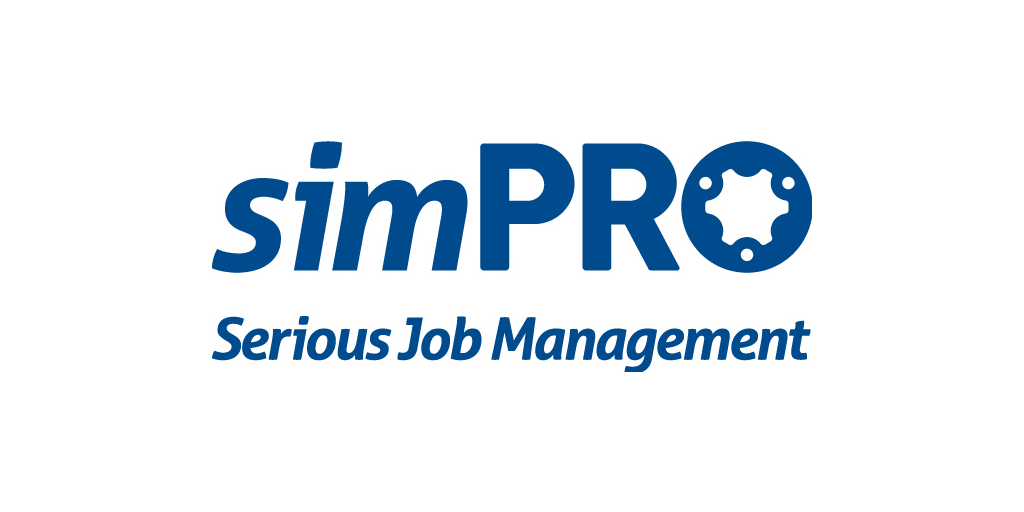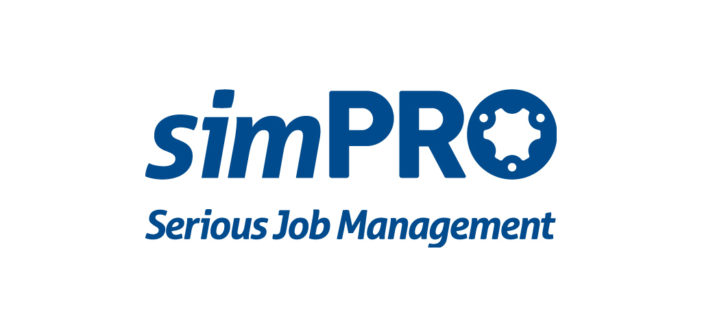
Australia’s army of tradespeople who monitor, maintain and fix the billions of dollars of equipment that keeps offices, factories and shops open have become the new frontline in the advance of the Internet of Things (IoT).
As the internet and smartphones become primary necessities over paper and landlines, trade services must embrace the next phase of business evolution in order to remain relevant in the market and to appear dependable, effective and cutting-edge for the modern customer.
Though not a brand new concept, IoT has become the herald of this new chapter, facilitating unique connections with the latest job management and service technology and forever changing the way trade service facilities and professionals operate.
The Internet of Things (IoT)
IoT, has been defined as the concept of connecting any electronic device to the internet and to other connected devices. It works an application or service that uses information collected from sensors – or
the “things” – and then analyses the data from the sensor to perform a specific function.
Through IoT a giant online network is created which allows previously unrelated technology to speak to each other and combine forces to create new functions that generate new levels of convenience for the user. Many tech experts have used smart TVs or fitness watches that generate a tailored exercise plan as examples of IoT.
Why should trade services care?
 According to Curtis Thomson, simPRO director, one of the world’s leading job management software companies, IoT projects have now moved well beyond the initial trials and high-end proof of concepts and are being actively rolled out by leading service companies and manufacturers.
According to Curtis Thomson, simPRO director, one of the world’s leading job management software companies, IoT projects have now moved well beyond the initial trials and high-end proof of concepts and are being actively rolled out by leading service companies and manufacturers.
For these companies, however, it’s not about programming driverless cars or automatic toasters and coffee machines for the break room. Trade service companies are eager to get in on the IoT action because when their systems are all connected and talking to each other, they have the potential to improve their service delivery, considerably cut costs, and deliver an improved customer experience.
“Think about the IoT in terms of field service applications,” Thomson said.
“Say, for example, you have an accelerometer fitted to the cooling tower on top of a building that could take vibration readings, log them to your database, and alert you when the vibrations fall out of a range.
“Or, you have sensors in the fire detection or sprinkler systems all constantly monitoring and reporting back the current state of the equipment they are tasked to keep an eye on.
“Then, when an event occurs that falls outside of a tolerable range for that piece of equipment, a notification is raised, a job is created to investigate, or an alert is sent to your customer.
“How could this impact your SLAs, or your costs, for that matter? What will your customers think about this – your ability to log, report and respond to potential defects before they even can tell something is wrong, and in between maintenance cycles?”
Thomson’s insight into the future of the trade service industry is why companies like simPRO are determined to add IoT to their repertoire. In June this year, simPRO introduced its new IoT solution which
will be available to its 100,000 + users in Australia, New Zealand, the United States and the UK across 2018.
simPRO IoT takes hardware, software and data from businesses in the trade and field service industries and integrates them into one platform, allowing previously separate programs and machines to talk to each other and provide automated solutions ordinarily requiring extensive manual effort.
simPRO’s IoT solution also includes machine learning, proactive action triggering and automation of field service activities, which significantly reduces the complexity of administrative tasks like selection,
installation, integration and management, and can trigger field service activities for businesses in near real time.
The company has already begun working with airport lounge operator Swissport and facilities (building plant and equipment) management group Thermacell to keep guests at Luton Airport in the UK warm in winter and cool in summer.
IoT represents significant opportunity in the trade services market, with the number of connected IoT devices worldwide expected to jump 12 percent on average annually, from nearly 31 billion in 2018 to 125
billion in 2030, according to analysis from IHS Markit (Nasdaq: INFO).
The ability for machines and data to connect and interact with one another goes far beyond allowing the human race to live like the Jetsons. The trade service industry’s IoT-laden future signals effectiveness, efficiency, profitability and all-around satisfaction for everyone involved.
About simPRO
simPRO provides business management cloud solutions for the trade and specialty contracting industries; including security professionals, plumbers, electricians, HVAC, solar, data networking, and others. simPRO eliminates the hassle of field service management, reduces paperwork, refines office processes, streamlines field operations, increases profit, maximises your workforce, and enables more business growth. As it is cloud-based, it can be used anywhere, anytime to help improve streamlined business productivity and efficiency in real time, giving businesses the potential to grow, meet and exceed their goals.
With customers in the United States, Australia, New Zealand, and the United Kingdom, simPRO provides global leadership for trade and specialty contractors worldwide.
In 2016, simPRO secured AUD$40 million in growth capital as part of an aggressive product innovation and expansion strategy that has seen the company enter the United States and the United Kingdom over the last two years.
At the end of 2017, simPRO had more than 4,000 clients and 100,000 users globally, with clients ranging from small contracting operations through to corporate enterprises with thousands of staff.






